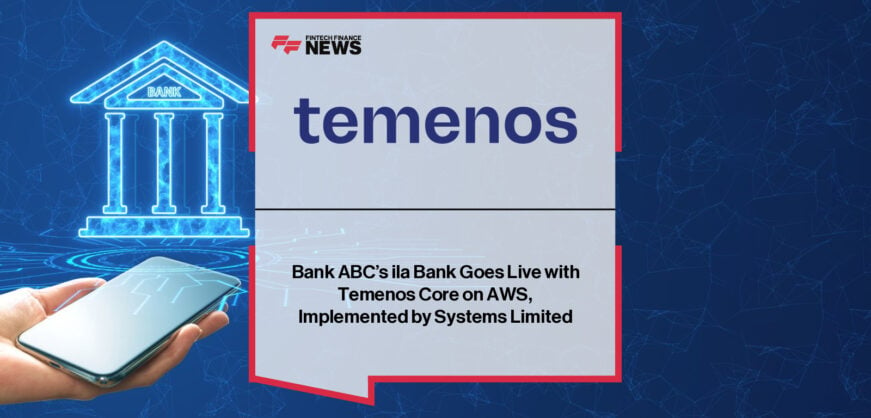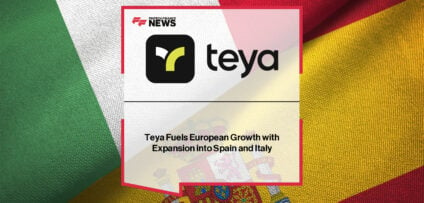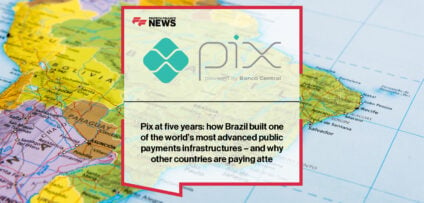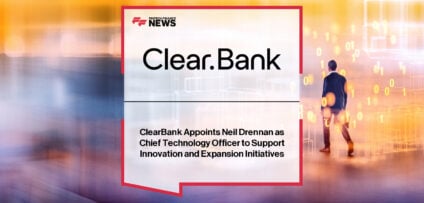Breaking News

Generation Z Missing Out on £175 Million in Additional Interest
New data[i] released by Yorkshire Building Society to support this years UK Savings Week reveals over half (52%) of Generation Z have not saved in the last two years, of these over two thirds (65%) hadn’t saved because of cost-of-living pressures meaning they couldn’t afford to, 13% found paying off debts prevented them saving and a further 13% cited they didn’t want to.
Where they have been able to save, nearly half – equivalent to 1.4 million individuals[ii] – are ‘inactive’ savers[iii], who do not shop around for the best interest rates.
Those who are saving are putting aside an average of £292 per month, mounting to an average savings pot of £4,729[iv]
Gen Z, those born between 1997 and 2012, have come of age during a period of significant financial upheaval. Their early experiences of managing money have been shaped by the Covid-19 pandemic, a cost-of-living crisis, high housing costs, and persistently low economic growth.
Young adults are more likely to spend more time reviewing their finances with over a third (35%) spending over an hour a week on activities related to this – such as budgeting or tracking expenses – compared to a quarter (26%) of the wider population. They are also more active in trying to improve their financial skills than other adults, with two fifths (43%) saying they seek out financial education resources.
Yet despite this, and four fifths (80%) saying they check their savings balances at least once a month, they are not earning as much as they could from their money. Over half (55%) have not changed their savings provider in the last year and 1 in 7 (15%) admit to never having checked the interest they are earning. A third (33%) also admit to keeping their savings in their current accounts earning 0% leading to those savings pots missing out on higher interest payments.
Gen Z also lack confidence in other aspects of personal finance. Whilst they were more likely than most other generations to say they had set themselves long-term financial goals, they were the least likely to say they know how to create a monthly budget and stay within it. Only just over half (53%) of Gen Z said they can do this compared to over three quarters of Baby Boomers (76%).
Less than half (45%) stated that they would feel confident with their savings knowledge and almost half (48%) are inactive savers and did not shop around for the best rate when opening their savings account. This means they are more than twice as likely to be inactive compared to the rest of the population where just a fifth (21%) are inactive.
If Gen Z savers were as likely as the rest of the population to shop around for the best deal when opening a savings account, Yorkshire Building Society estimates a further 800,000 of them would benefit from higher interest payments generating over £175million in additional interest payments a year.
Chris Irwin, director of savings at Yorkshire Building Society, said: “Despite a willingness to spend time looking after their finances, it is clear from this data that many young people are missing out when it comes to their savings.
“Many also said they lack confidence to make important financial decisions, leading to large pockets of people who are missing out on significant savings interest. If we support and encourage these young adults to shop around now they could be getting a lot more back for their money, now and through their lifetimes.
“Keeping large amounts of funds in low paying current accounts has become a costly mistake for millions. It’s understandable to want to have money accessible for emergencies or even topping up everyday expenses, but with so many instant access savings accounts currently available in the market paying a much higher return, there has never been a better time to review the home of your savings.
“Reviewing finances and savings can sometimes be an afterthought, with other things in life taking priority, but UK Savings Week is a reminder to make the time to take a close look at your finances and how you could make small changes which make a big difference.”
Rachel Springall, Finance Expert at Moneyfactscompare.co.uk, said: “The past few years have been unprecedented, so it’s understandable to see the struggles of young people unable to save amid living costs. Everyone will have their own priorities in life, so making time to set up and monitor a dedicated savings pot can get overlooked.
“If someone has their cash stashed in a low paying current account, they could be better off using an instant access savings account and have the same flexibility. Saving little and often is the key to start building a nest egg, and it all adds up over time.”
- DataHaven on Insurance Fundamentals: Risk, Capital, and the Balance in Between Read more
- Why Google Believes Multimodal AI Is the Next Big Shift for Enterprise Use Cases Read more
- Pix at five years: how Brazil built one of the world’s most advanced public payments infrastructures – and why other countries are paying attention Read more
- Clara Renews $150 Million Debt Facility With Goldman Sachs to Scale Payments Products in Mexico, Bringing Total Debt Capacity to Over $250 Million Read more
- Clip Unveils Clip Total 3, the Most Comprehensive Mobile Point-of-Sale Terminal for Mexican Businesses Read more




















